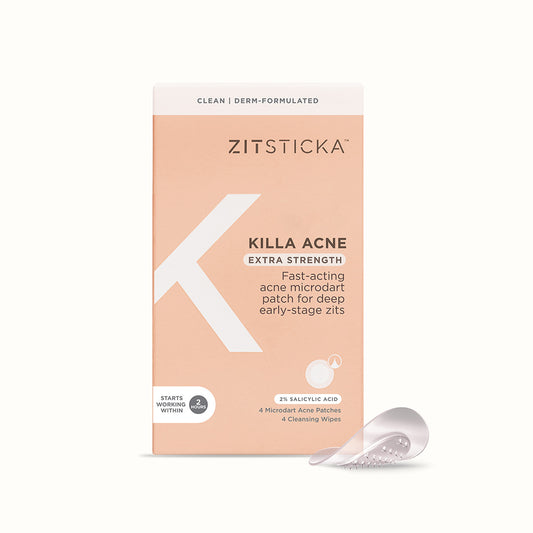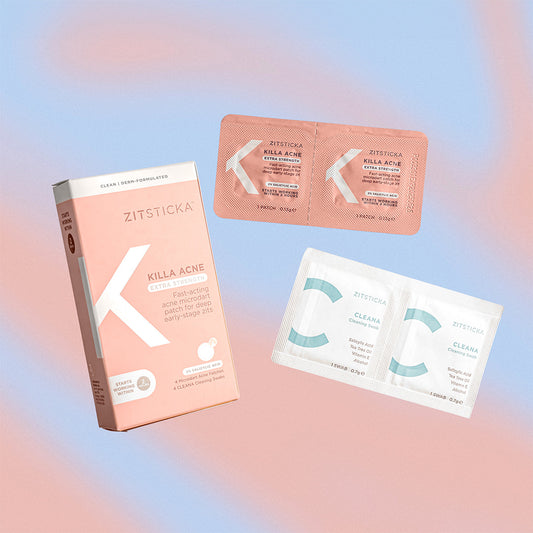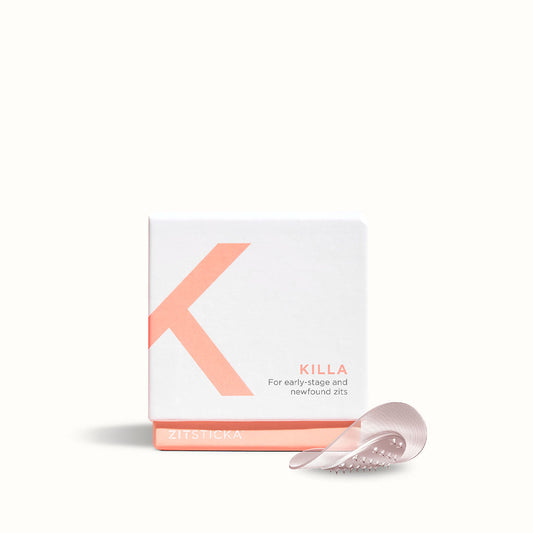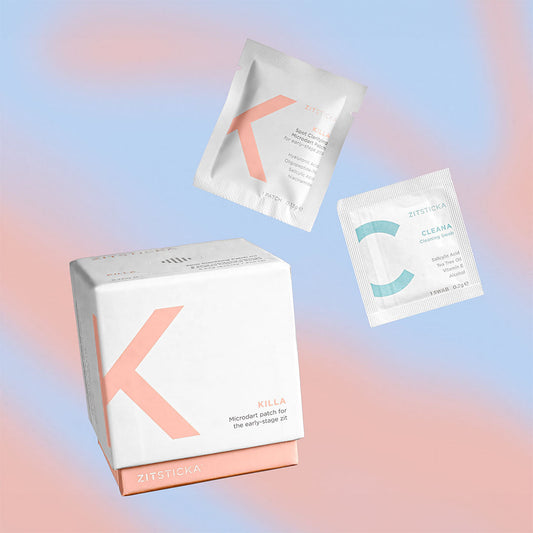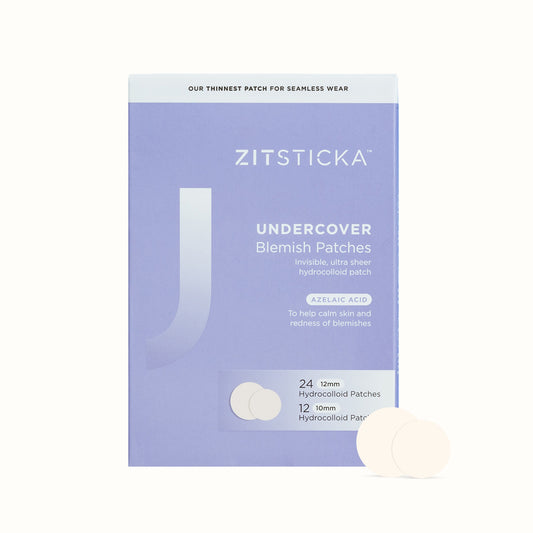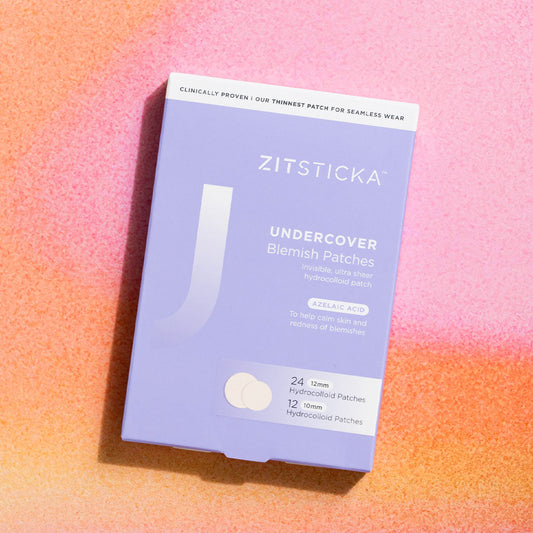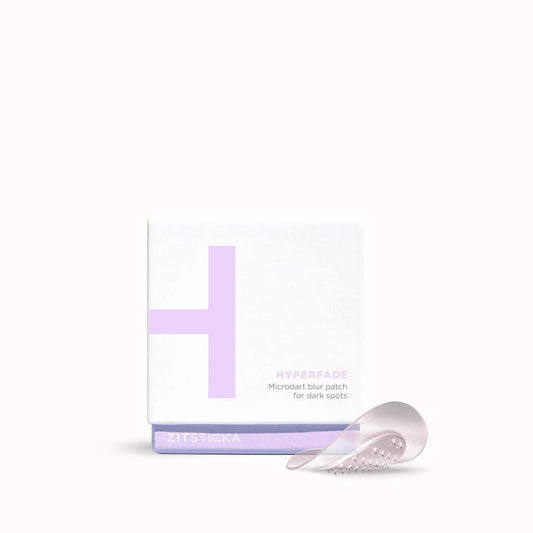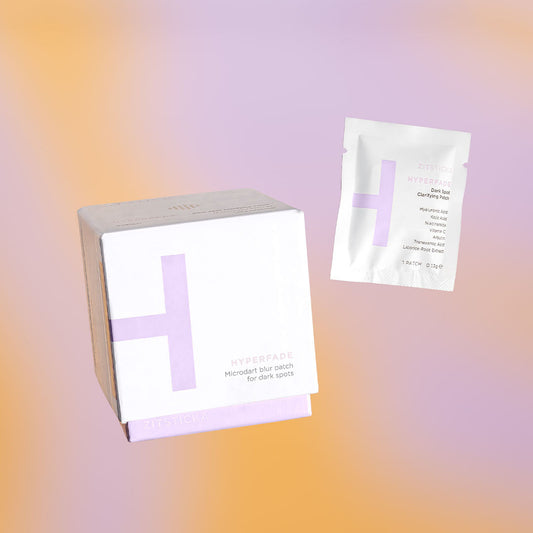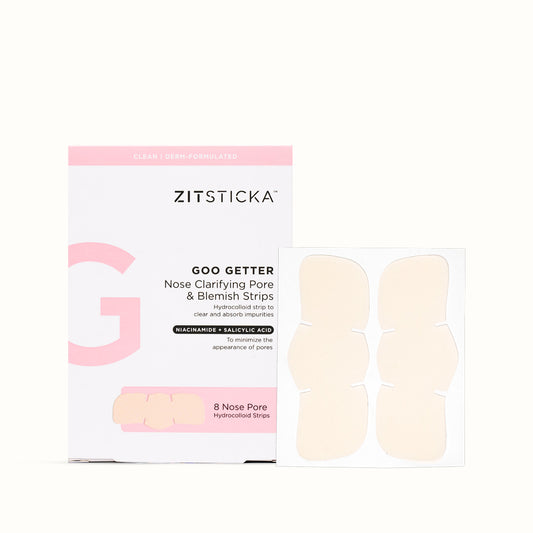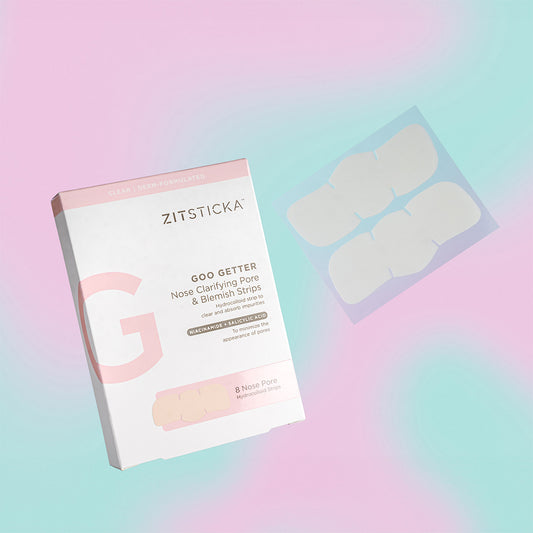Trust your gut.
I have thrown myself into many, many internet vortexes ever since the dawn of dial-up, but none have been as all-consuming as the ones pertaining to probiotics. Ever since the word ‘probiotic’ crept into the health and wellness industry’s collective consciousness a few years back, I have devoted approximately 3943 hours of time googling the topic; time that could've been spent outdoors in fresh air, or laughing gaily with friends.
Yet, here we are.
‘Probiotics’ and ‘gut health’ might be #trending topics right now—both in my Google search history and around various water coolers in the skincare industry—but their importance for overall health have been known for a hot minute now. In fact, in 460BC, Hippocrates, the ancient Greek physician who also goes by the casual title ‘Father of Medicine’, stated that, “All diseases begin in the gut”. The guy was right. Happy gut, happy health, happy skin, happy, happy, happy.
So, why are probiotics so important?
Bacteria gets an unnecessarily bad rap, which is especially unfair considering a healthy gut contains about 100 trillion (yes, TRILLION!) bacteria that work thanklessly to digest your food, converting it into nutrients and bidding adieu to waste. The healthier and more diverse these bacteria are, the better your immune system will be. The delicate ecosystem of micro-organisms that live in the gut—including fungi, viruses, yeasts and bacteria—is called microbiome. Our modern lives are wreaking havoc on these microbiomes. Diets lacking in diversity; an excessive consumption of meat, alcohol and sugar; fad diets; the irresponsible overprescription of antibiotics; and generous servings of stress (which impedes our ability to digest food properly) all contribute to depleted levels of microbiomes. Enter the need for the ever-growing probiotic market.
Put very simply, probiotics are the ‘good’ bacteria that ensure our gut microbiome stay happy, healthy and balanced. The two most beneficial—lactobacillus and bifidobacterium—can be found in high quality lacto-fermented foods like sauerkraut, miso and kimchi and yoghurt, in varying degrees. They can also be taken as a supplement, which makes it easier to understand just how much you're getting.
Cool. But, what’s this all got to do with skin health?
Glowing skin and the state of our gut microbiome are closely linked. Intestinal dysbiosis—i.e. a state of microbial imbalance—has the potential to negatively impact skin function. Skin conditions such as rosacea, acne and even skin tone and texture have their root in gut health. Dr. Whitney Bowe, a dermatologist and author of The Beauty of Dirty Skin points to this, saying, “People don’t realize we have live bacteria covering our skin and swimming through our intestines and if we find a way to harness the power of these microscopic warriors we can do magnificent things with the skin. They can target things like acne, rosacea, eczema, premature aging, and skin cancer.”
Products have their time and place, but the root of more pronounced skin drama typically begins on the inside. Inflammation in the gut shows up as inflammation of the skin, in all its myriad forms.
So, how can your skin best lap it up?
In the digestive tract, there’s a lining to the gut, and if there’s not enough healthy bacteria, the lining becomes more porous, allowing toxins to leak through and trigger inflammation. When taken orally, probiotics create a healthy balance of bacteria in your gut, which in turn has an anti-inflammatory effect on your body, including your skin. Note: not all probiotics are created equal, and having a variety of strains is key to getting the most out of your supplement. Foods like yogurt, tempeh, miso, kombucha, fermented veggies like kimchi, sauerkraut and kefir can be helpful for some (so long as you don't overdo it).
Probiotics can also be applied topically. According to Dr. Whitney Browne, “When you apply probiotics topically, they act as a physical shield like a barrier, blocking harmful microbes from causing inflammation or infection. People who struggle with acne or rosacea, their immune systems recognize certain microscopic organisms as being foreign invaders and their bodies mount an immune reaction, but if you have probiotics on your skin, then the probiotics protect you from those triggers. Applying probiotics topically also produces antimicrobial peptides, which act like natural antibiotics that kill off harmful bugs—we’re especially exposed to those during winter.” On top of this, probiotic skincare can calm inflammation, guard against oxidative stress and free radicals, and protect your skin from the anti-aging effects of pollution, including fine lines and dark spots.

